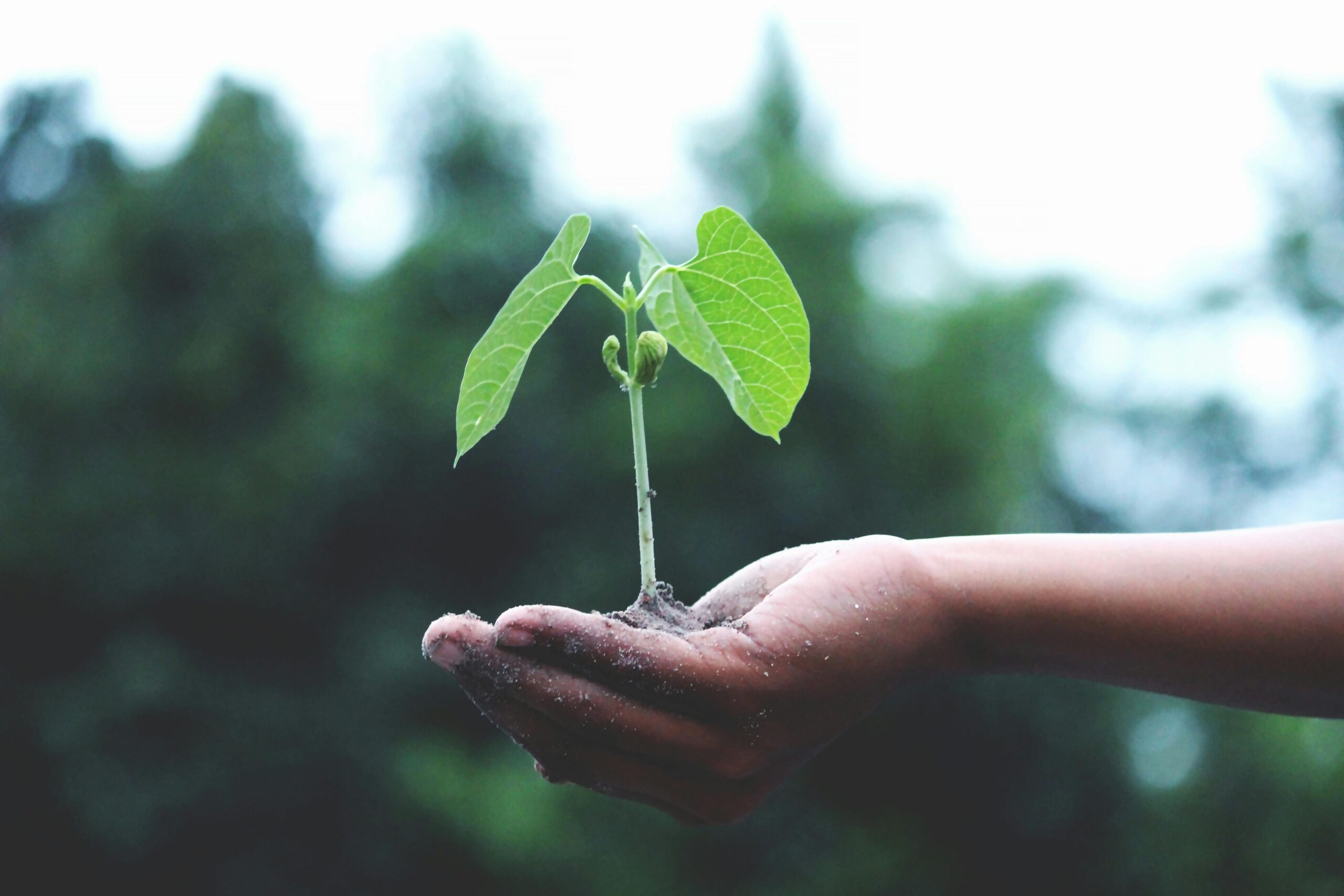Introduction
Herb gardening is a fulfilling hobby that not only enhances your culinary creations but also offers potential health benefits through natural remedies. Growing your own herbs allows you to enjoy fresh, flavorful ingredients right at home. This guide will take you through the essentials of herb gardening, from selecting the right plants to caring for them throughout the year.
Choosing the Right Herbs
Start by deciding which herbs you’d like to grow based on your culinary preferences and available space. Popular cooking herbs include:
- Basil
- Cilantro
- Parsley
- Rosemary
- Thyme
- Oregano
- Mint
If you’re interested in herbs for natural remedies, consider growing:
- Lavender
- Chamomile
- Calendula
Selecting a Growing Location
Herbs thrive in locations that receive at least six hours of direct sunlight daily. Choose a spot in your garden or on your balcony that meets this requirement. Herbs can be grown in containers or raised beds, making them ideal for both indoor and outdoor gardening.
Preparing the Soil
Healthy soil is key to vibrant herbs. Amend your garden soil with compost or well-rotted manure to boost its nutrient content and drainage. For container gardening, opt for a high-quality potting mix to ensure proper growth.
Planting Your Herbs
When planting, adhere to the specific spacing requirements for each herb variety. While most herbs can be started from seeds, using seedlings or transplants is often easier for beginners. After planting, water thoroughly and maintain moist but not soggy soil.
Caring for Your Herb Garden
Regular watering is crucial for healthy growth. Check soil moisture frequently and water as needed, being careful to avoid overwatering. Fertilize your herbs every few weeks with a balanced fertilizer to supply essential nutrients.
Pests and Diseases
Though herbs are generally resilient, it’s important to monitor for common issues like aphids, spider mites, and powdery mildew. If you spot any pests or signs of disease, act quickly to prevent further spread.
Harvesting Your Herbs
Harvest herbs when they are at their peak freshness and flavor. Timing will vary by herb; for example, basil can be harvested continuously during the growing season, while rosemary is best harvested in the fall.
Preserving Herbs
To enjoy your herbs year-round, consider preserving them through drying, freezing, or pickling. Drying works well for herbs like rosemary and thyme, while freezing is perfect for basil and cilantro. Pickling is an excellent method for herbs like dill.
Conclusion
Herb gardening is a rewarding way to enhance your cooking and explore natural remedies. By following these simple steps, you can cultivate your own fresh herbs, bringing delicious flavors and potential health benefits into your home. With a little care and attention, you’ll be enjoying the fruits of your labor in no time!
